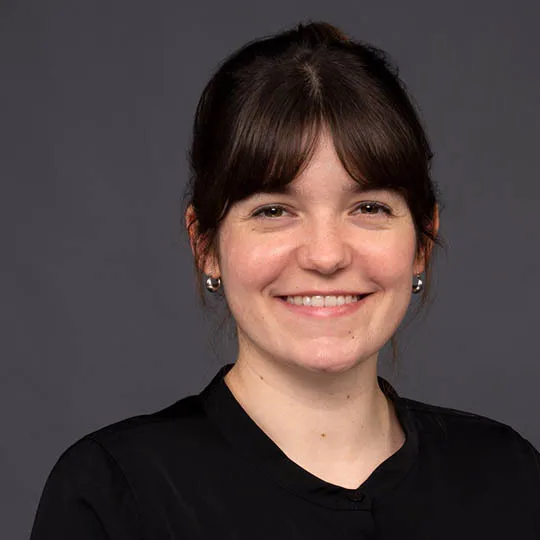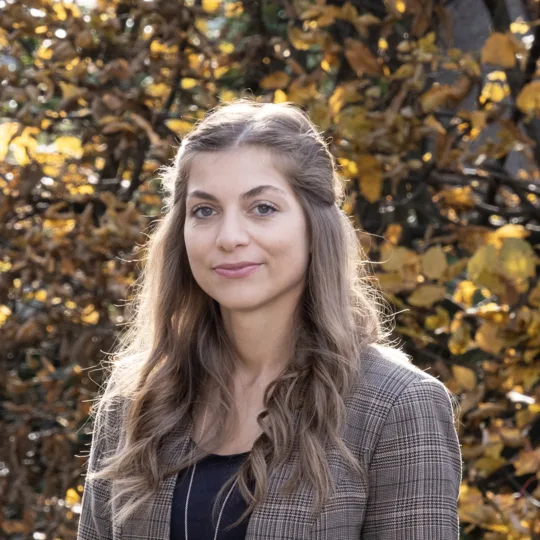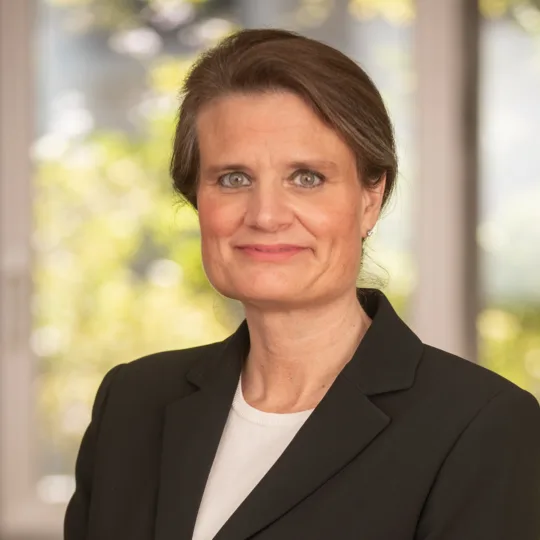Research in the Pantanal - with the support of Swissnex
Malin Borg, head of Swissnex in Brazil, and her team help researchers like Dr Evelyn Wolfram and their students at Zurich University of Applied Sciences. In the Pantanal they can deepen their research interests and further expand their scientific network.
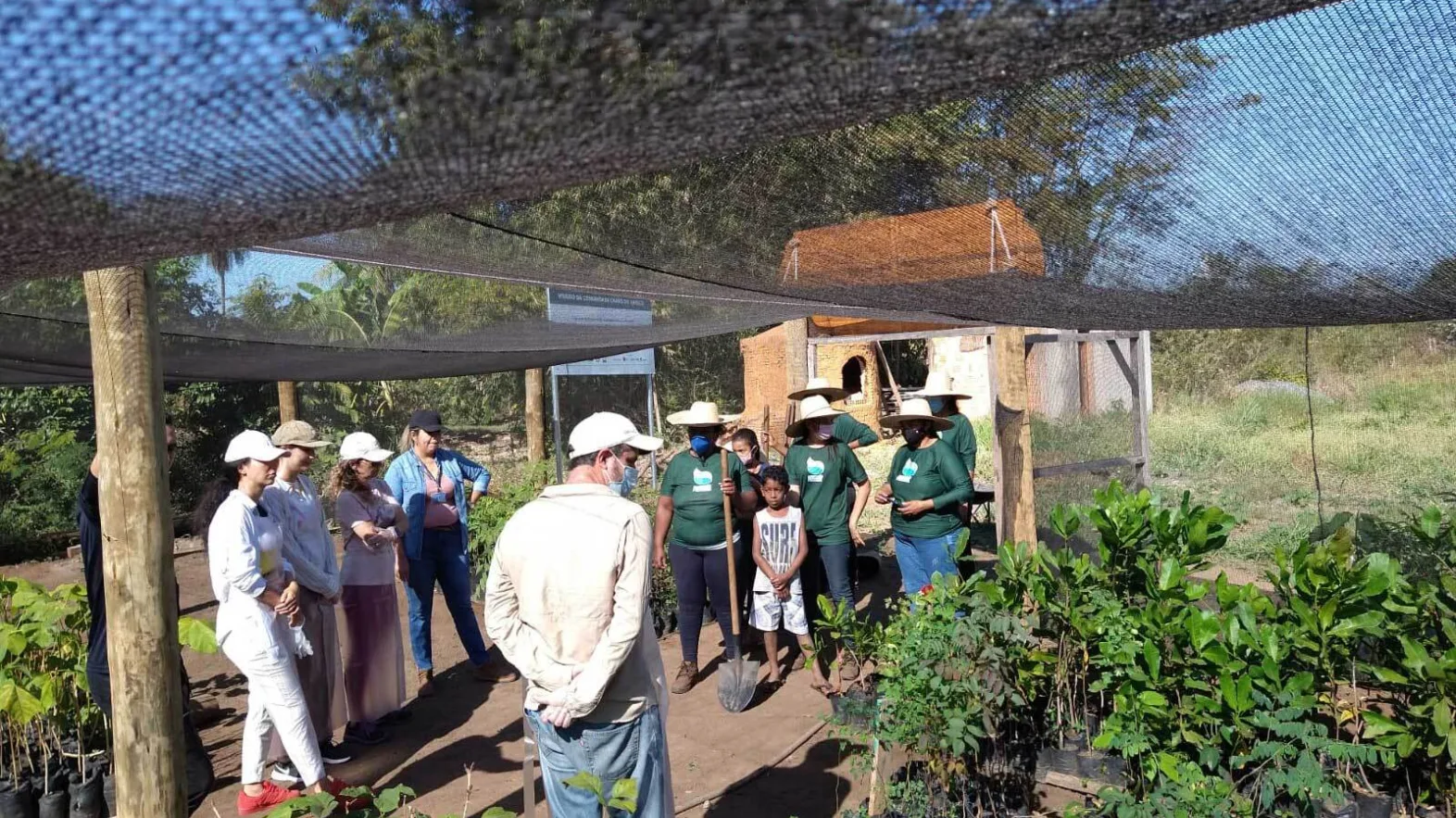
Dr Evelyn Wolfram, you teach at the ZHAW and conduct industrial research on the potential and further development of phytopharmaceuticals. Through your contacts with Swissnex, two biotechnology students visited the Pantanal Science Camp in June 2022. How does the ZHAW benefit from its work with Swissnex?
Dr Evelyn Wolfram: Back in 2018, I started a bilateral exchange with Prof. Rosy Iara Maciel de Azambuja Ribeiro from the Brazilian Universidade Federal de São João del-Rei. She conducted research with us in Wädenswil, and in return a ZHAW student visited the laboratories in Divinópolis. This exchange was chronicled in a joint review of medicinal plants in Cerrado. In 2019, Swissnex organised a study trip for me to Rio de Janeiro and Minas Gerais, where I met with potential cooperation partners. The study trip undertaken by the two students this year now expands cooperation opportunities with the Pantanal region and is intended to pave the way for joint research proposals in the field of biodiversity and ethnopharmacology. ZHAW employees and researchers also benefit from the fact that Swissnex has several locations offering student exchange possibilities and support services for collaborative research.
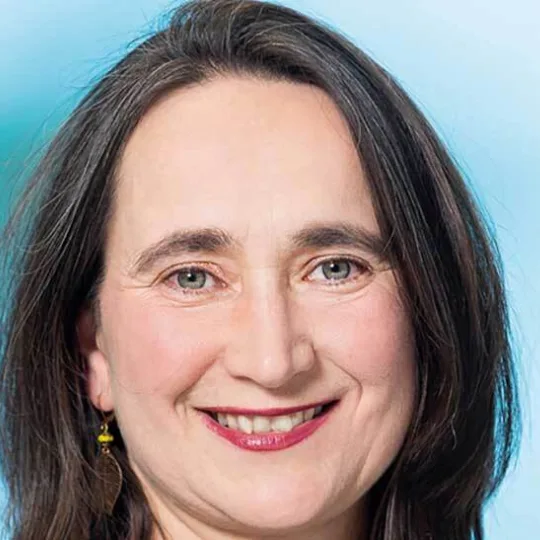
Dr Evelyn Wolfram is lecturer in Natural Products Chemistry and Phytopharmacy Research Group of the ZHAW.
Malin Borg, how does Swissnex support the work of researchers like Dr Wolfram?
Malin Borg: Swissnex has been providing researchers with access to communities and local know-how for years. Initiatives such as the ZHAW Staff Mobility Programme, which Dr Wolfram also took part in, create additional opportunities for researchers to make new contacts at a Swissnex location.
The Pantanal Science Camp goes even further. It is a tailor-made academic exchange programme organised by Pedro Capra, Programme Manager for Academic Relations. Through Swissnex, exchange students gain access to the largest private nature reserve in Brazil for a one-week science camp, where they receive on-site support. The exchange students also have access to a comprehensive facility and are actively assisted in making contacts with researchers, universities and academic partners. This exchange programme format is suited for summer schools, field studies and study trips on topics such as sustainability, biology, ecology, wildlife conservation, geology, culture, art, education or anthropology and more.
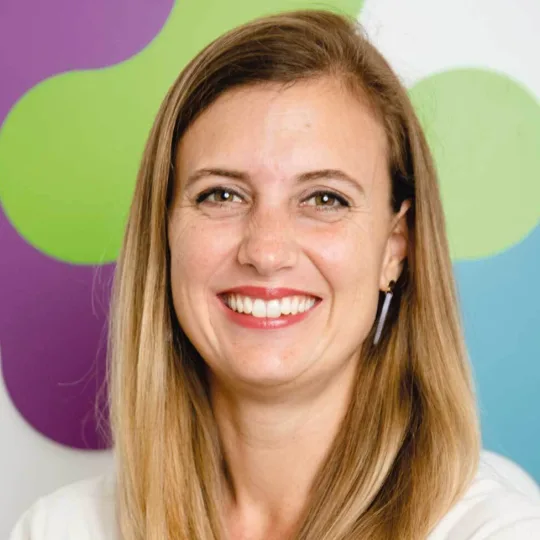
Malin Borg is Head of Swissnex in Brazil.
How valuable is such cooperation between the ZHAW and Swissnex?
Dr Evelyn Wolfram: Before I took advantage of Swissnex's offer, I had to organise everything on my own and make contacts myself. Swissnex made the planning more professional and greatly expanded my range of options.
Malin Borg: The advantage of such a platform for Switzerland is that even researchers or students who have never been to Brazil can safely experience a highly stimulating environment. Switzerland’s partner organisation in Brazil, Social Service of Commerce (Sesc), has only recently begun developing its international activities. Working with Switzerland offers them an excellent opportunity to open up a region that, despite its potential, is still relatively unknown. As a private non-profit organisation, Sesc pursues initiatives in the areas of education, health or social welfare.
How would you rate the collaboration and is there any room for improvement?
Dr Evelyn Wolfram: The format created here by Sesc and Swissnex is very relevant for nature and it allows people to meet with local researchers directly where the vegetation grows. One hurdle thus far has been that communication in English has not been smooth with all participants. In addition, certain legal constraints must be clarified before excursions, for example when biological samples are to be taken and exchanged. Here, the legal provisions of the Nagoya Protocol apply. The aim is to ensure fair access to genetic resources and the balanced and equitable use of the resulting benefits. A future task of Swissnex could be to assist the research groups involved in meeting these legal requirements. Another challenge is travel: a long-haul flight for the duration of a one-week camp is not particularly sustainable.
Swissnex's work in Brazil also focuses to a large extent on promoting start-up companies. What are the biggest differences between supporting start-ups and projects like the Pantanal Science Camp?
Malin Borg: Both researchers and Swiss start-up companies are often woefully unfamiliar with local conditions when they come to Brazil. As a result, the support that they receive from Swissnex is particularly useful to them. Start-up companies are often quicker to recognise the enormous potential of the Brazilian market and are prepared to take a certain risk. When dealing with Swiss researchers, we often have to spend a lot more time and energy to convince them of the advantages and opportunities that this country offers and to find suitable partners. Legal questions of field research are another issue in Brazil. These things aside, ultimately the success of collaboration depends on the start-ups and researchers themselves. A lot hinges on the level of commitment and conviction felt on both sides.
What are Swissnex's current priorities and challenges in Brazil?
Malin Borg: This country is under the radar for many Swiss ERI stakeholders. However, Brazil has the greatest biodiversity in the world and feeds 10% of the world's population. Not only that, it also has more mobile phones than inhabitants and a great appetite for technological innovation. At Swissnex, we therefore want to simplify access to the complex Brazilian market. At the same time, we wish to reduce the obstacles for Swiss-Brazilian cooperation by pursuing special-interest topics and programmes.
As a case in point, we are currently focusing on two areas that also enjoy special status in the context of the United Nations Sustainable Development Goals: the future of food and the preservation of biodiversity. We are also exploring ways to expand the economic opportunities offered by renewable bioresources. These topics are highly relevant in Brazil. And this is where Swiss researchers, start-ups, and also artists can contribute to a sustainable future.
Swissnex in Brazil
Swissnex is Switzerland's global network for education, research and innovation. It helps its partners to build international networks and become involved in the global sharing of knowledge, ideas and talent. The Brazilian office was inaugurated in Rio de Janeiro in 2014 and expanded to include São Paulo in 2016. Malin Borg has worked at Swissnex since 2013.
Contact
Author
